Canadian Aviation Pride, or CAP for short, is a national organization of LGBTQ+ aviators engaged in not-for-profit work to unite, celebrate and promote diversity in the industry. We count flight attendants, air traffic controllers, aviation engineers and other aviators amongst our ranks, though the vast majority of our members are pilots. Most of our Board members are located in Vancouver or Toronto, and as a result, most of our events happen in these two cities, with more recent branching out to Montreal and a few western cities.
Being able to participate in an event in Eastern Canada was a really exciting opportunity for us, and I was pleased to represent CAP as the board donated 100 of our signature rainbow airplane necklaces and a bunch of other swag to hand out to the kids.
A big factor for us is to be models of what well-adjusted, “successful” professionals who happen to be queer might look like. This helps both LGBTQ+ youth to see themselves reflected in an exciting industry that we want them to consider, and their families, who may not yet know or may still be adjusting to the fact their their child is queer. It provides a standard for straight families to see what a gay person in aviation might look and sound like beyond a flamboyant pride parade. It also helps to normalize an often still stigmatized identity for queer families, those with two moms or two dads, etc. Lastly, it allows us to be open and visible for aviators who identify internally as LGBTQ+ but are not (yet) out themselves. We can be brave for others who are still gathering the courage to bring their whole selves to their work or hobbies.
As a queer woman, I have additional motives as well.
In Canada (and indeed throughout most of the world), flight decks comprise only about 6% women. While there are some exceptions (most notably, Porter Airlines in Toronto), most airlines are still holding steady at 6%, and this figure has been extremely slow to reach. So, I want to promote not only LGBTQ+ inclusion in aviation, but more specifically, WOMEN in aviation, queer or otherwise!
PEI is a particularly challenging environment for this work. The local flight club is made up almost exclusively of men, with wives and girlfriends being included only for things like administrative and other “helper” tasks. (The registration desk at this event was staffed entirely by women!)
The boys and their families also subconsciously adopt this image. Aviation is for boys and men.
So, as I chatted with the kids and their parents who visited our colourful booth, I made sure to talk about the fact that I, too, am a licensed pilot, and that my partner, a woman, works as a pilot for a commercial airline. This was an important message for the girls to hear, as well as their brothers, and their parents!
Happily, as the grey skies cleared up, I got to help on the ramp, directing groups of kids to the planes for their free fam flight. This meant that I had a direct hand in working with each pilot to arrange who sat where.
You can be sure that I made certain that for every group I had with a girl in it, the girl got the right seat, up front, at the controls!!!
I’m happy to have had the opportunity to represent CAP in Prince Edward Island this summer. And while I am grateful to Flight 57 for including us, and for all the volunteer pilots who came out to ignite a passion for flying in the kids whose parents registered, I am also hopeful that as a result of meeting an actual email pilot and being able to spend 20 minutes at the controls of an airplane in flight, future years will include some female volunteer pilots on this still very traditional little island.


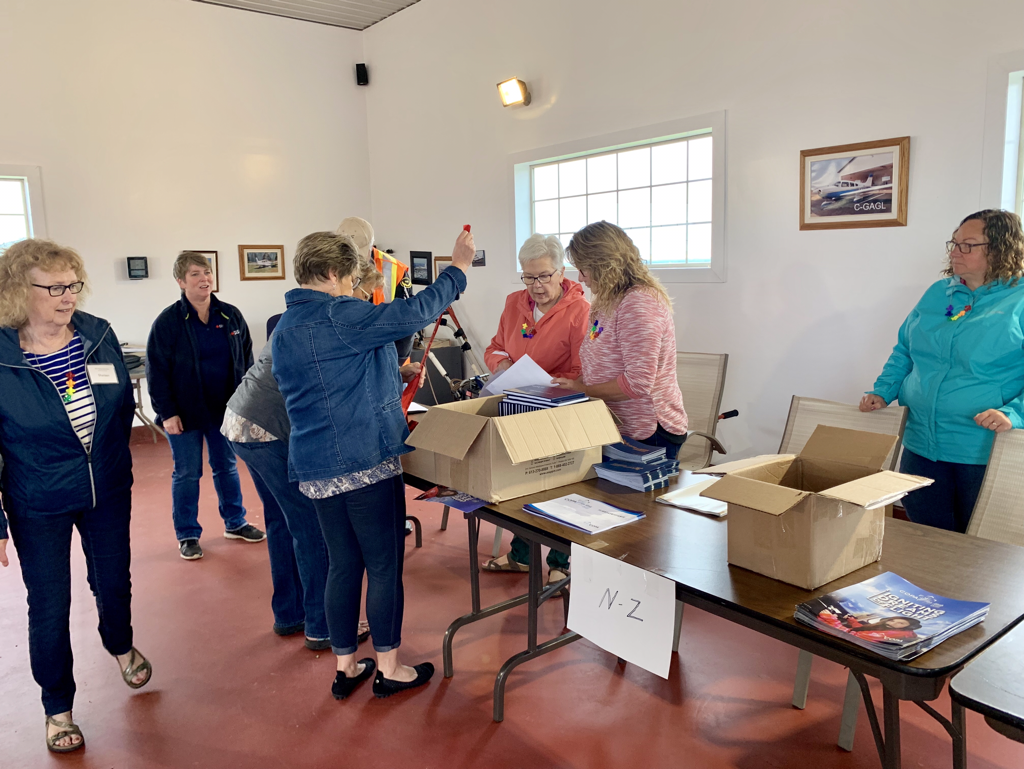
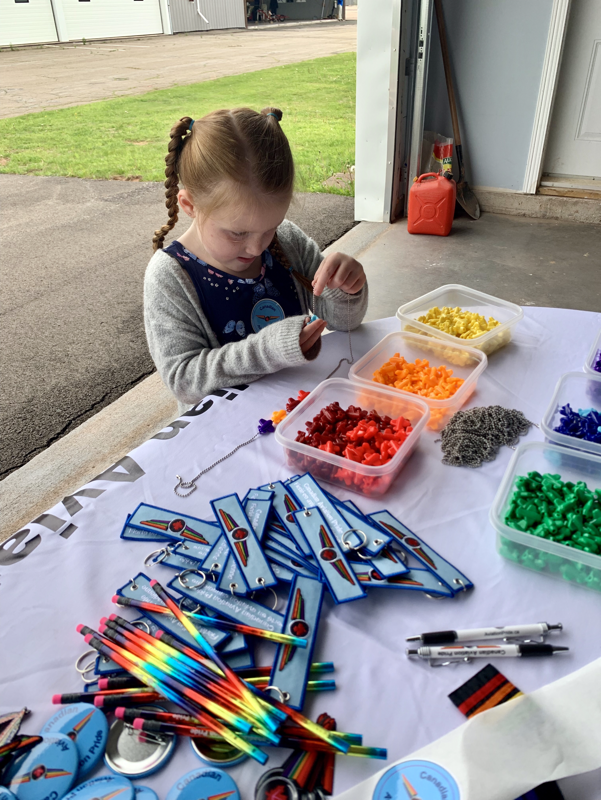










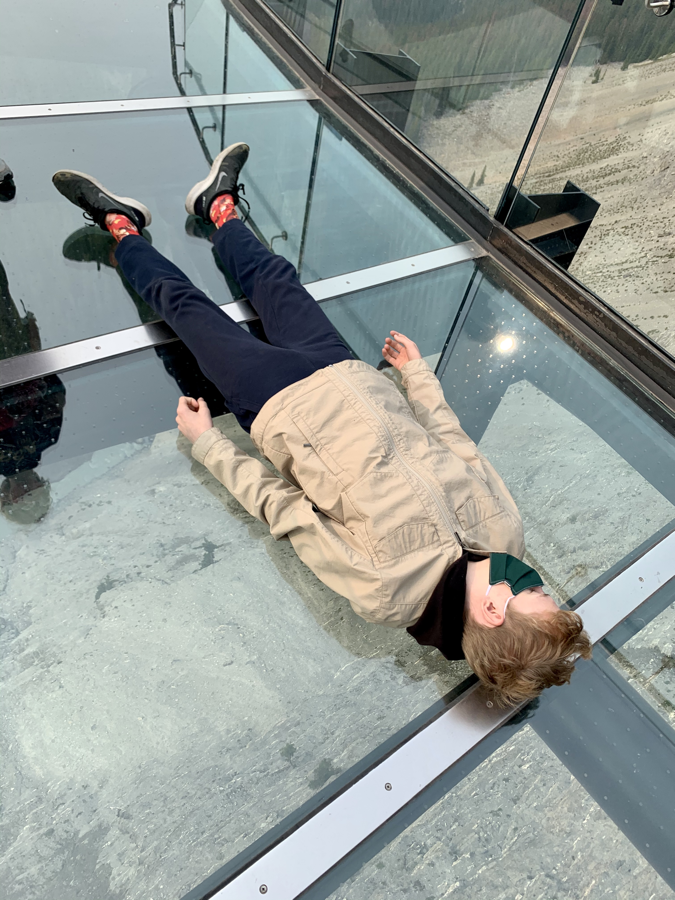
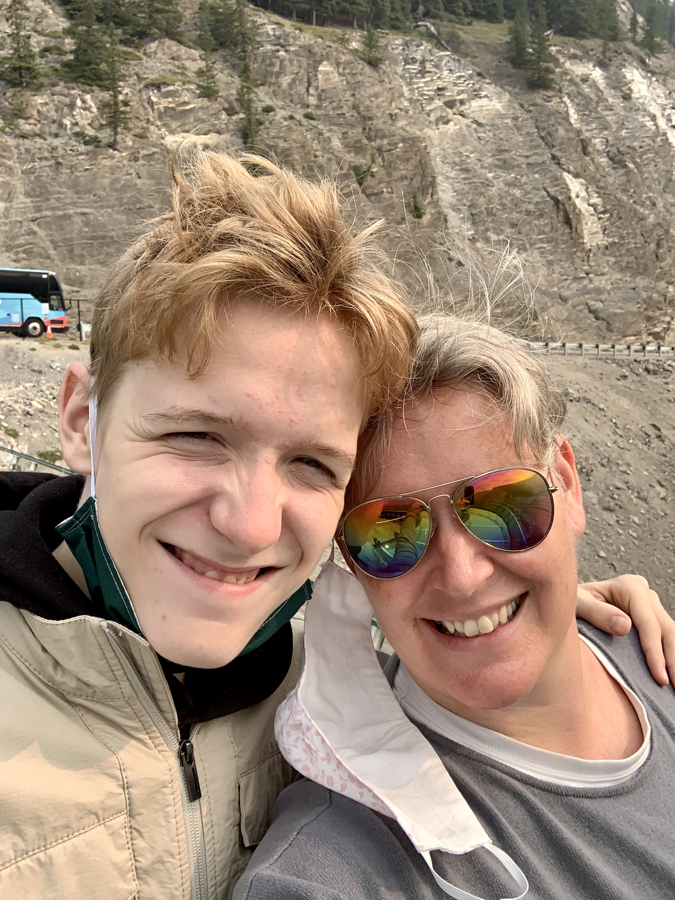

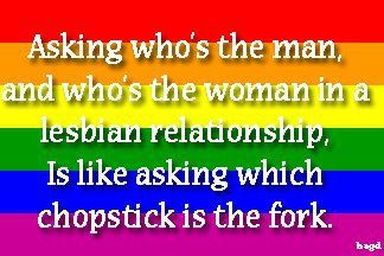

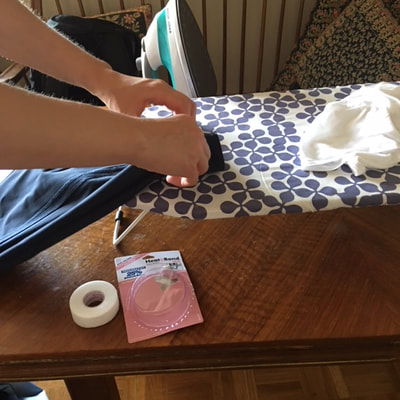

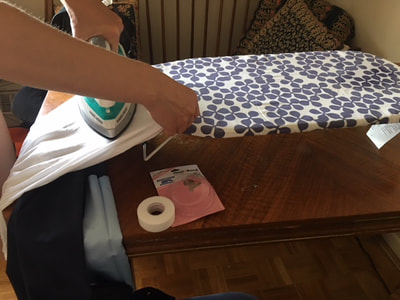





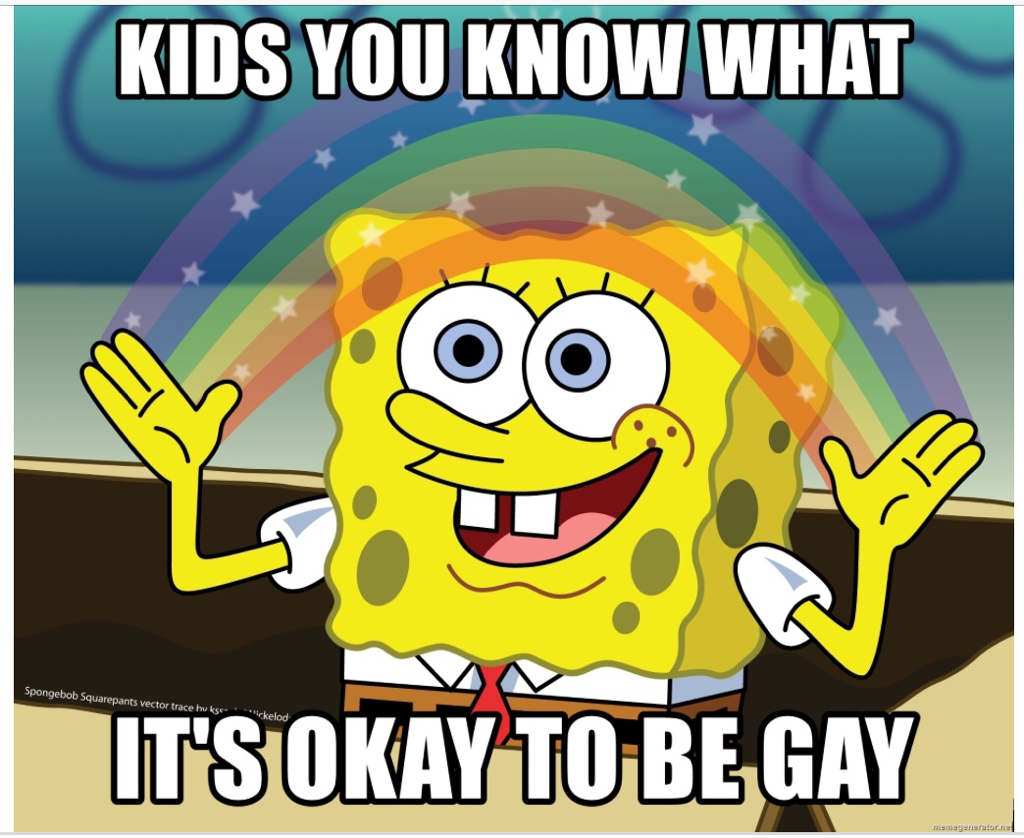



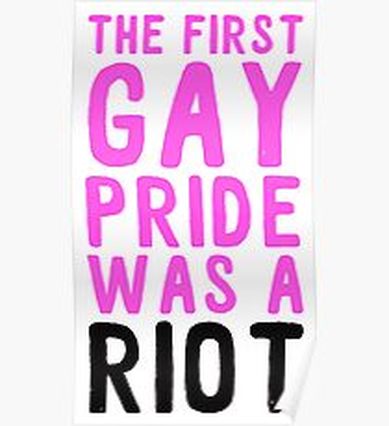

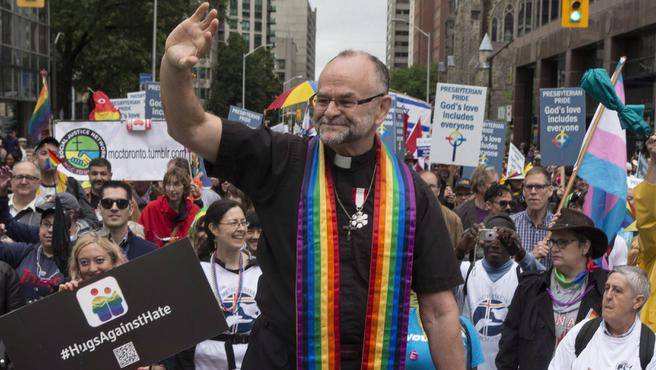
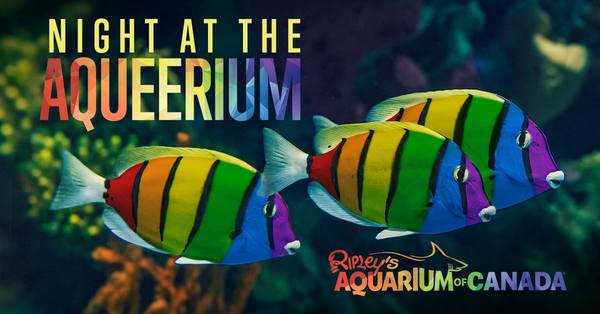
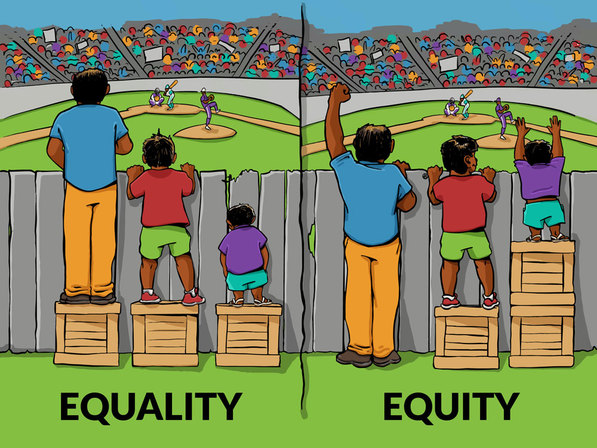
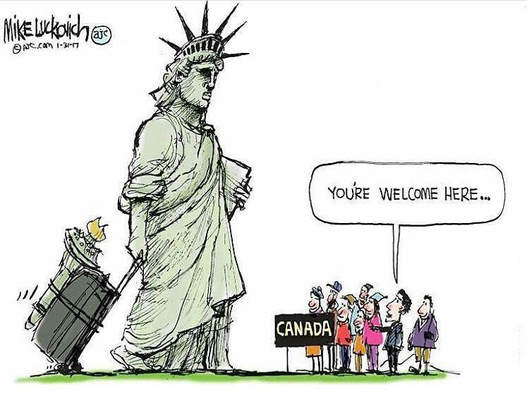








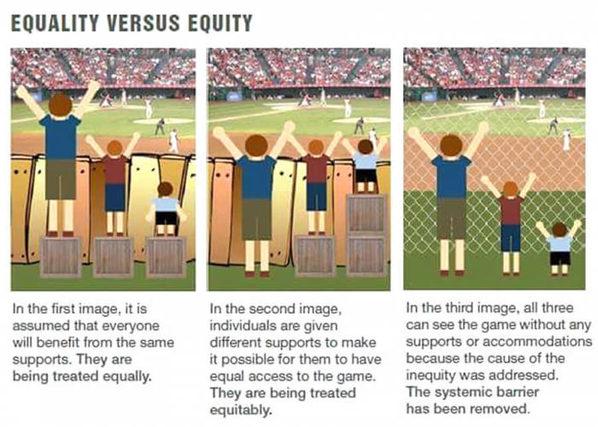
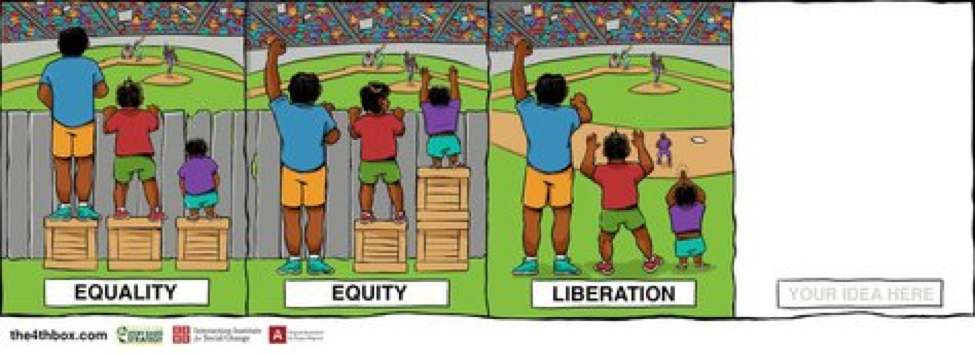
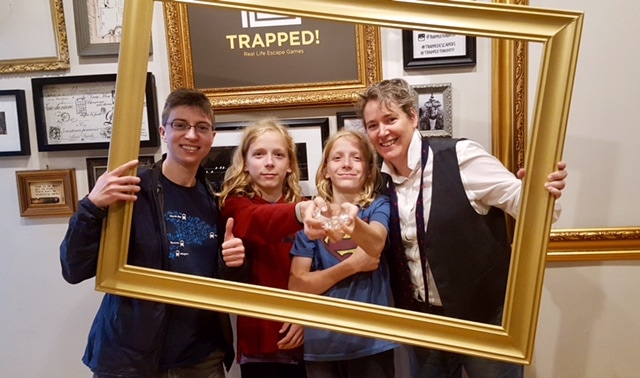



 RSS Feed
RSS Feed